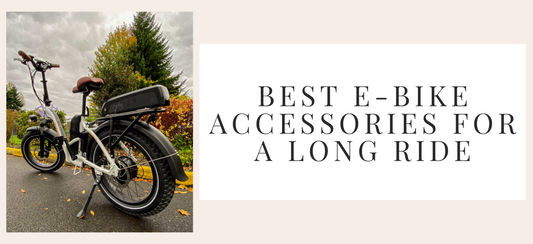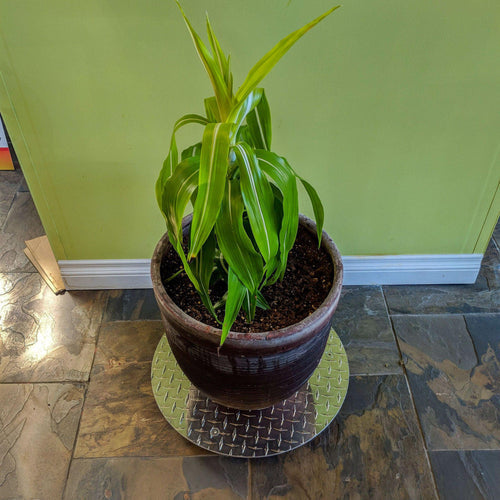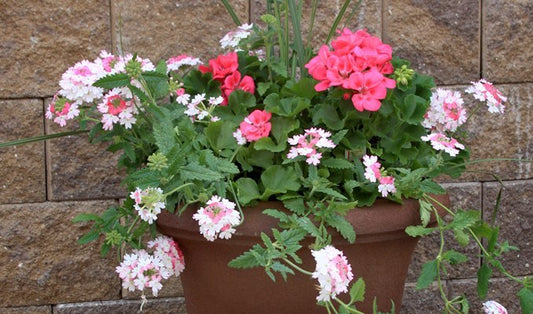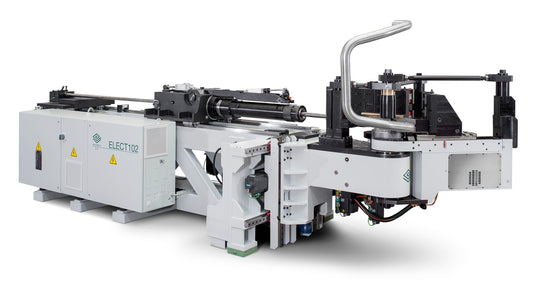So you've taken up gardening as a hobby, and you want to try your hands on composting. But you're not quite sure where to start. That's understandable! Composting can seem like a daunting task, but it doesn't have to be. With these simple tips, let's see how and get you started on your composting journey!
Composting Tips for Beginners
Composting isn't rocket science; however, there is science involved in the process, which is not hard to understand. These tips will get you started on the basics to be well on your way to being a composting pro in no time.
Find the Right Location
The initial step is to find the right spot for your compost bin or pile. If you have a small yard, consider keeping your compost in a container to save space. Or you can opt for an open-air compost pile if you have a larger yard.
Whichever route you decide to go, make sure that your compost bin or pile is in an area that gets a good amount of sun and is away from any trees or other plants. You also want to ensure that the location is close to a water source so that you can easily water your compost when needed.
Learn What Not to Compost
Learning what not to compost will save you a lot of trouble down the line. You might be tempted to compost everything you can, but certain items should not go in your compost pile.
For example, you should not compost meat or dairy products as they will attract pests and cause odor problems. You also want to avoid composting any items that contain chemical pesticides or herbicides.
Add the Right Materials
The key ingredients in a successful compost pile are carbon and nitrogen. Carbon-rich materials, also known as browns, include dead leaves, twigs, and straws. Nitrogen-rich materials, or greens, include grass clippings and kitchen scraps. Maintaining a healthy balance of these two materials develops the best conditions for composting.
If your compost pile is too high in carbon, it will take longer for the materials to break down. And it will create an unpleasant odor if it's too high in nitrogen. The best way to achieve the right balance is to layer your compost pile with alternating layers of brown and green materials.
Get a Bin
Now, you know what to put in your compost and what not to; it's time to get a bin. You can go with no bin, but having a container will help keep your compost pile contained and make it easier to turn the materials.
Plus, composting requires air to circulate in order to break down properly, so you want your bin to favor this phenomenon. You can find a variety of compost bins to suit different needs. Get a DIY composter bin bracket set to make your own, or find a ready-made option.
Turn Your Compost Regularly
Turning your compost is essential to aerate the materials and help them break down faster. Yes, shuffling things up can increase the composting speed.
Ideally, you should turn your compost every few days to keep the process moving along. You can do this with a pitchfork or shovel or get a compost aerator tool to make the job easier.
Think Beyond the Kitchen
Your kitchen scraps are not the only items that you can compost. You can also add things such as coffee grounds, eggshells, and even hair to your compost pile.
Remember to avoid adding items that might attract pests or cause odor problems. Don't run too wild with it, and keep the "what not to put" list close.
Shred or Dice Materials Before Adding
Another way to speed up composting is by adding shredded or diced materials to your bin or pile. This process or step exposes more surface area for the microbes to work on, so the composting process will naturally be faster.
You can shred materials by hand with a garden fork or a food processor, blender, or shredder. Just make sure that the shredded materials are not too fine, or they will blow away in the wind.
Add Water as Needed
Just like air, composting can't do its job adequately without water. Make sure to keep the bin or pile moist but not too watery. The given materials should be damp, like a sponge holding moisture.
If the compost is too arid, the materials will break down very slowly. If it's too wet, the compost will start to smell and can even become anaerobic, which will stop breaking down altogether. Try to maintain a moisture level of around 60-70%.
Be Patient
Lastly, don't expect miracles overnight. Composting is a slow process that can take weeks or even months to produce finished compost. The duration will depend on the materials you're using, how often you turn the compost, and the temperature.
If you live in a warm climate, you can expect your compost to be ready in as little as two weeks. But if you live in colder weather, it could take months. Be patient, and eventually, you'll have nutrient-rich compost for your garden.
The Bottom Line
Composting is a fantastic way to process household waste and turn it into nutrition for your garden. We hope these tips will come in handy! Remember to add suitable composting materials, turn the compost regularly, and be patient. With a bit of time and effort, you'll be a composting pro in no time. Happy composting!






1 comment
Well worth trying